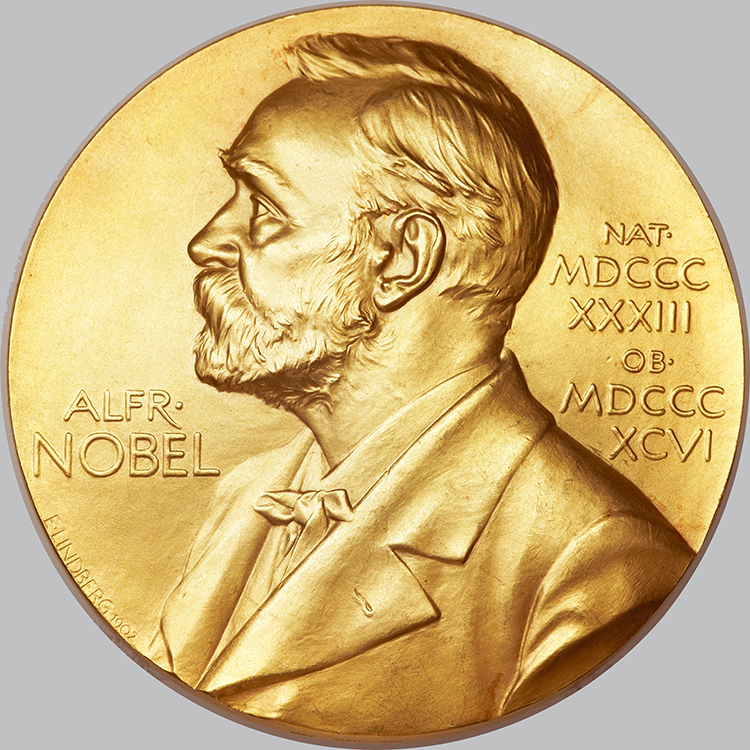Science Nobel Prizes
Friday, October 11th, 2019October 11, 2019
Every year in the first week of October, the Nobel Foundation in Sweden awards Nobel Prizes to artists, economists, scientists, and peace workers who—in keeping with the vision of the Swedish chemist and industrialist Alfred Nobel—have conferred the greatest benefit to humankind. Today, World Book looks at the first three prizes, in the scientific categories of physiology or medicine, physics, and chemistry.
On Monday, October 7, 2019, the Nobel Prize in physiology or medicine was given jointly to the scientists William G. Kaelin, Jr., Sir Peter J. Ratcliffe, and Gregg L. Semenza for their work showing how cells adapt to the changing availability of oxygen. Kaelin, Ratcliffe, and Semenza identified the molecular machinery that allows cells to respond to changes in oxygen levels. Their discoveries offer promising new strategies in the treatment of such diseases and maladies as anemia, cancer, heart attacks, and strokes.
William G. Kaelin, Jr., was born in New York and is a professor of medicine at the Dana-Farber Cancer Institute in Boston and at the Brigham and Women’s Hospital at Harvard Medical School. Peter J. Ratcliffe of the United Kingdom is the director of clinical research at the Francis Crick Institute in London and director of the Target Discovery Institute at the University of Oxford. Gregg L. Semenza, also from New York, is a professor of genetic medicine at Johns Hopkins University in Baltimore, Maryland.
On Tuesday, October 8, the Nobel Foundation announced the prize for physics had been awarded to the Canadian-American cosmologist James Peebles and to the Swiss scientists Michel Mayor and Didier Queloz for their work on explaining the evolution of the universe and for discovering distant exoplanets (planets beyond our solar system). Among other things, Peebles theorized how matter in the young universe swirled into galaxies. In 1995, Mayor and Queloz discovered an exoplanet orbiting a star elsewhere in our home galaxy, the Milky Way, enhancing the study of planetary systems beyond our own that could support life.
James Peebles is the Albert Einstein professor of science at Princeton University in New Jersey. Michel Mayor is an astrophysicist and professor emeritus of astronomy at the University of Geneva. Didier Queloz is a professor of physics at the Cavendish Laboratory at Cambridge University, and at the University of Geneva.
On Wednesday, October 9, the Nobel Foundation announced that John B. Goodenough of the United States, M. Stanley Whittingham of the United Kingdom, and Akira Yoshino of Japan would share the prize for chemistry for developing and refining rechargeable lithium-ion batteries. The lightweight, rechargeable, and powerful batteries are used in everything from mobile phones to laptop computers and electric vehicles. They can also store great amounts of energy from solar and wind power, further enabling the possibility of a fossil fuel-free future.
At 97 years old, John B. Goodenough is the oldest ever recipient of the Nobel Prize. He is currently the Virginia H. Cockrell Chair in Engineering at the University of Texas at Austin. M. Stanley Whittingham is a distinguished professor at Binghamton University, State University of New York. Akira Yoshino is an honorary fellow at Tokyo’s Asahi Kasei Corporation and a professor at Meijo University in Nagoya, Japan.



